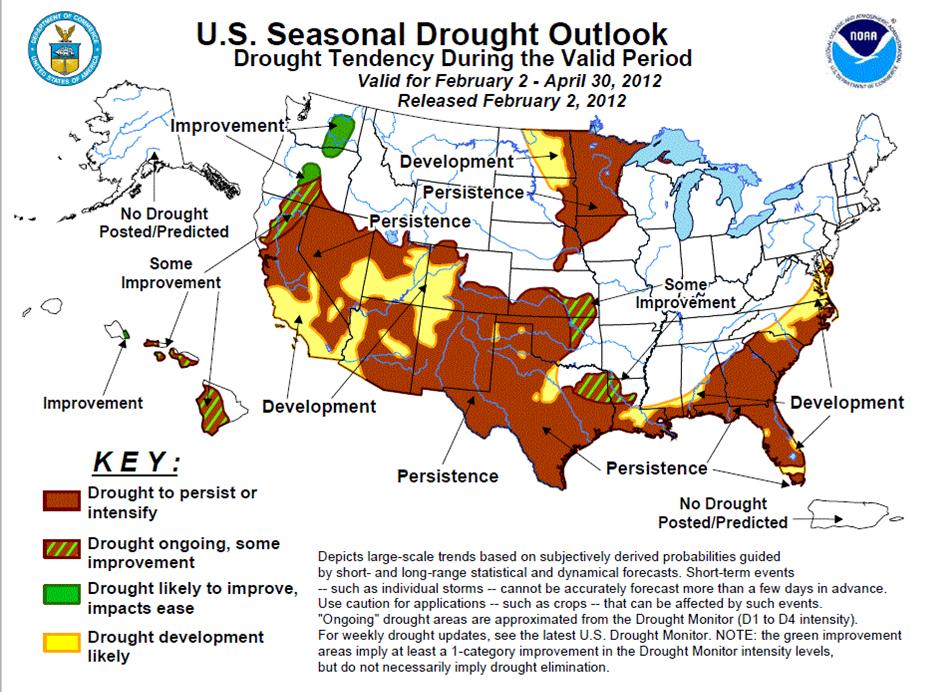Statement of Trevor Lovell, Environmental Program Coordinator, Public Citizen’s Texas Office
It is unfortunate that President Barack Obama has decided to ignore news stories in Business Week, the Wall Street Journal, Bloomberg News and Financial Post, among others, explaining in simple terms how the southern leg of the Keystone XL pipeline will raise gas prices for American consumers.
Public Citizen has long warned about Keystone’s health and safety risks, the environmental devastation associated with tar sands mining and its disproportionate impact on global climate change, and the unconscionable contributions to local air pollution in Port Arthur, Texas. Port Arthur is one of the Environmental Protection Agency’s (EPA) “Environmental Justice Showcase Communities” due to a concentration of environmental health risks that disproportionally burden minority communities.
But Keystone XL also poses another risk – a risk to U.S. consumers and the fragile economic recovery. Analysts and economists agree that building the southern leg of this pipeline will alleviate a glut of oil in Cushing, Okla., and allow more oil products to be exported to other countries, thereby reducing domestic supply and raising gas prices.
The southern leg of this pipeline does not bring oil into the country (a goal our organization does not endorse), but does create a clear path to get oil out to export markets. Since refined oil products are now the largest export commodity in the U.S., it is obvious that pushing more oil to the Gulf Coast will result in more export activity and less supply for Americans.
Today, Public Citizen renews its call for the president and relevant agencies to treat this pipeline as a tar sands pipeline. As construction has not yet begun, it would be imprudent to build the pipeline when we anticipate new findings from a congressionally mandated study on the unique dangers of tar sands pipelines, which may inform new regulations for this industry.
Texas may be an oil and gas state, but the health and safety of our citizens is no less important than it is anywhere else. Our water resources are threatened now more than ever, and this pipeline would cross the Carrizo-Wilcox Aquifer in East Texas, which serves 60 counties and as many as 12 million people. When the presidential permit was denied earlier this year, the inadequate study of threats to Nebraskan water resources was cited as a central concern. Apparently water resources in Texas do not require the same kind of thorough review. Texans deserve protection from our elected and appointed leaders, and today President Obama has shown he is ready to sacrifice that protection for election-year politics.
—————————————————————————————————————————
Below is a statement issued by Independent Texans by Julia Triggs Crawford
Response from Julia Trigg Crawford to President Obama’s support for TransCanada’s Keystone Pipeline Project
Julia Trigg Crawford, a Texas farmer who is challenging TransCanada’s use of eminent domain to take an easement across her property for TransCanada’s Keystone pipeline, issued the following statement in response to President Obama’s Thursday morning press conference in Cushing, OK:
“Today President Obama indicated he’s taking an “All of the Above” strategy to his energy policy, and in doing so will expedite the Cushing to Houston leg of TransCanada’s pipeline. While his decision was not unexpected, it is disappointing that this issue continues to be a political football during this election game.”
“Where I come from you’re only as good as your word, and I am proud to stand by my principles no matter the pressure that’s applied. And there’s no doubt about it, TransCanada’s applying pressure anywhere they can, from Washington D.C. to small towns along the proposed pipeline route, and not everyone can hold up.”
“I stand by my belief that TransCanada illegally asserts that its pipeline is a common carrier and is for the public good. My attorneys tell me we have a strong case and we are eagerly awaiting our day in court. Should we win, and I wouldn’t be in this fight if I didn’t think we would, I hope that our case will give strength to other landowners who are still fighting for their property, and to those being bullied by a company falsely wielding the club of eminent domain.”
“I’m just a farmer caring for a piece of good Texas earth, up against a foreign corporation with the power to bend the will of a President, so I’m under no delusion that this will be easy. I am reaching out to my fellow Americans and anyone who believes in an individual’s right to private property to help me in this fight. You can go to www.standwithjulia.com to take action and to contribute to our legal defense fund so that we can face TransCanada on an even playing field.”
“So here is my “All of the Above“ strategy. Stand by one’s principles, hold onto and protect those property rights afforded to every American by the United States Constitution, and never bow to pressure that runs contrary to the promises you’ve made”.
“Thank you and God bless.”
Julie Triggs Crawford
Read Full Post »






